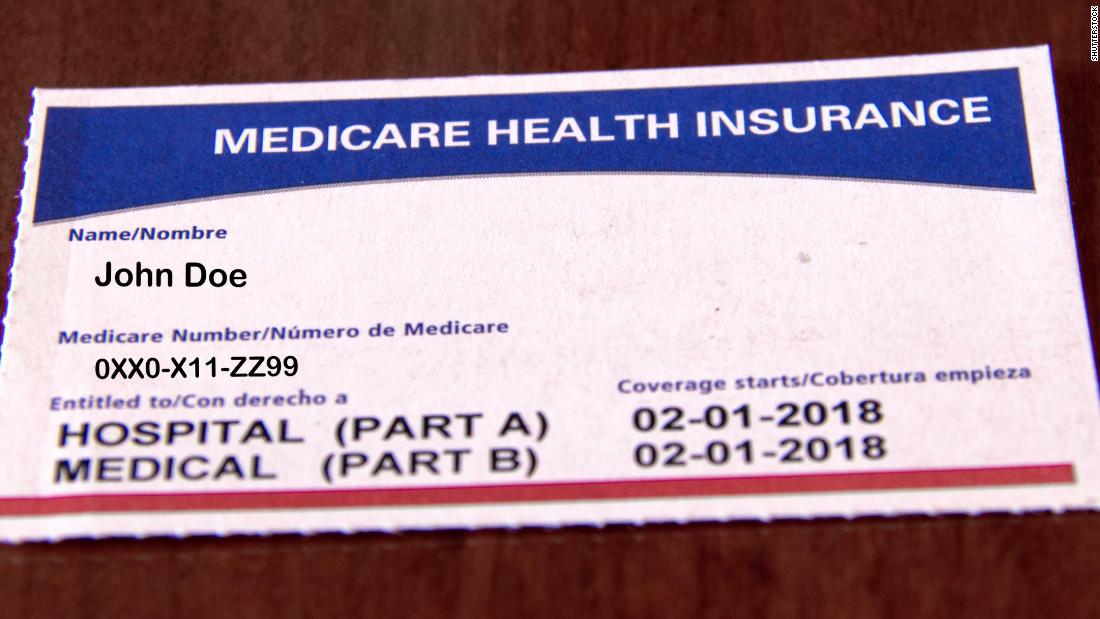[ad_1]
A coalition of lobbying groups for insurers, hospitals, doctors and drug makers, as well as the US Chamber of Commerce, are ramping up efforts to highlight the downsides of Medicare-for-All-type proposals. They are launching ad campaigns, talking to lawmakers, conducting polls, utilizing social media and speaking out against the concept of a single-payer health care system.
What’s raising Medicare for All’s profile even more is the debate among declared and prospective Democratic 2020 presidential candidates over just how far they would go to get more Americans covered. Some want to fully shift to a government-run program, while others prefer to expand the reach of Medicare or Medicaid while keeping the private insurance system in place.
Still, most of these proposals would diminish or eliminate the role of private insurers, cut payments to hospitals and doctors and allow the federal government to negotiate drug prices. They would also chip away at or get rid of employer-sponsored policies, which now cover more than 150 million Americans, who generally like their plans.
So it’s no surprise that the massive health care industry — which Medicare for All proponents paint as greedy players focused on profits — is fighting back. And they’ve hired a former top Hillary Clinton campaign and Obama administration official to lead the way.
“The American people are going to pay more to wait longer for worse care,” said David Merritt, executive vice president at America’s Health Insurance Plans, a member of the coalition. “That is the exact opposite of what they actually want.”
And the group is spending a lot of time on Capitol Hill, where at least two House committees have agreed to hold hearings on Medicare for All in coming months.
The partnership acknowledges that the health care system has many problems but maintains that it would be better to solve the issues by building on the current infrastructure. Members say that most of the recent efforts — such as the Affordable Care Act — have focused on expanding access, not lowering prices. Now, the spotlight is shifting to costs, such as high drug prices and surprise hospital bills.
Industry players, who typically blame each other for the relentless growth in health care costs, say they can work together to address the problems rather than turn control over to the federal government.
“There are better, less destructive ways in our system to accomplish that,” said Lauren Crawford Shaver, a partner at the Forbes Tate health care lobbying firm who heads the coalition.
Meanwhile, the US Chamber of Commerce is equally as determined to squash any Medicare for All measures.
“We also have to respond to calls for government-run, single-payer health care — because it doesn’t work!” said Thomas Donohue, the chamber’s CEO, in his State of American Business speech in January. “We’ll use all of our resources to combat it.”
The chamber, which vocally opposed adding a public insurance option to the Affordable Care Act in 2010, argues that progressive Democrats are now trying to recast a single payer system as an expansion of Medicare because the latter is popular with most Americans. To counter that, it is focusing on educating lawmakers and consumers about the impact Medicare for All-type proposals would have on employer coverage.
“The lack of understanding and the lack of push back has meant people just said ‘Hey, gosh, I’m for this thing, it sounds good,'” said Neil Bradley, the chamber’s chief policy officer. “As folks begin to understand what that actual policy is, it turns out they don’t like it.”
[ad_2]
Source link



